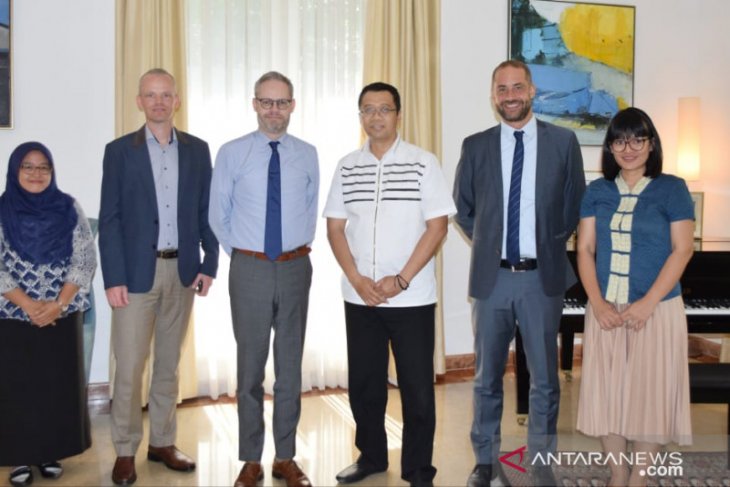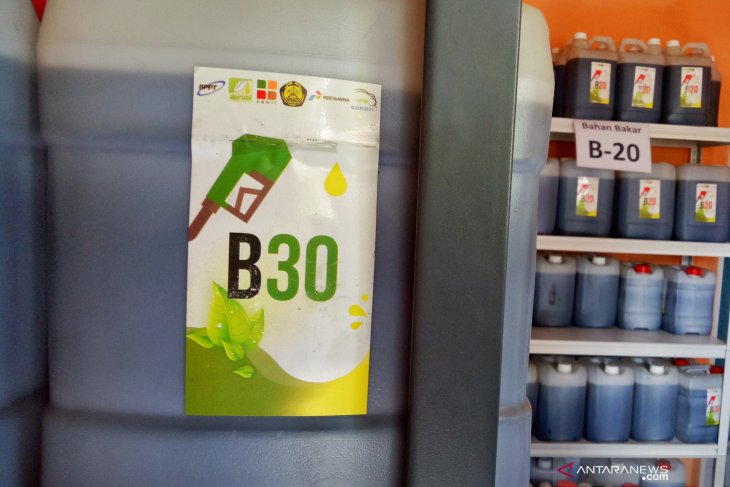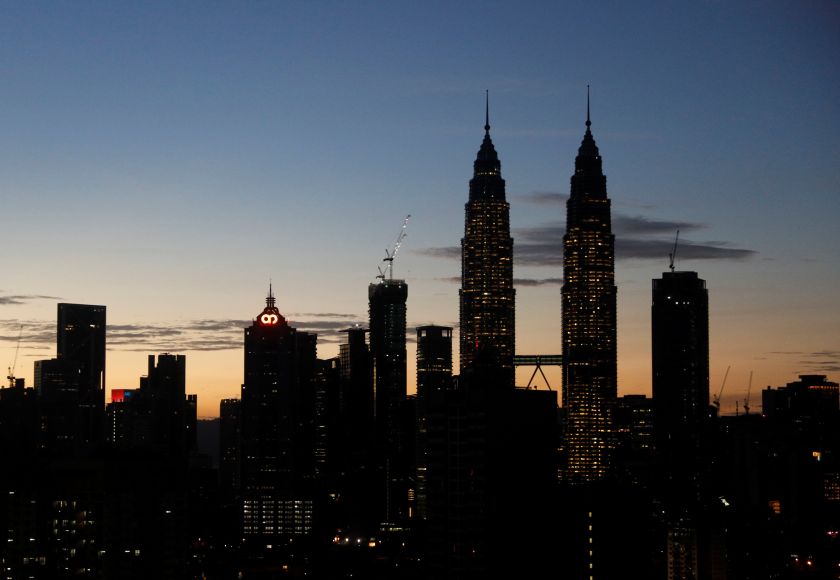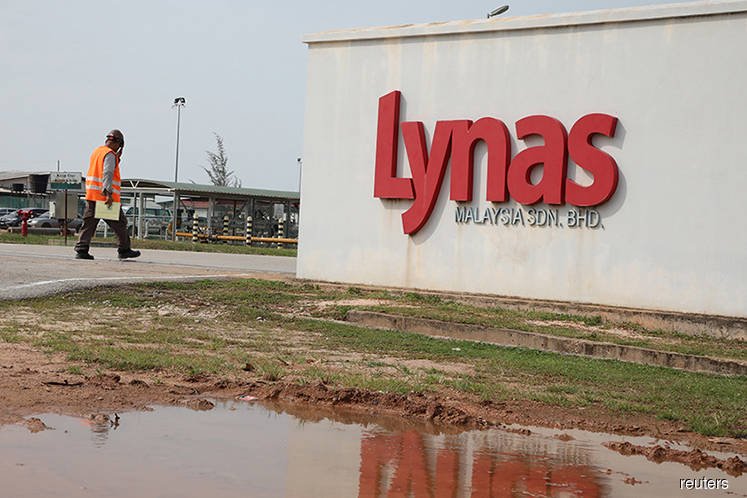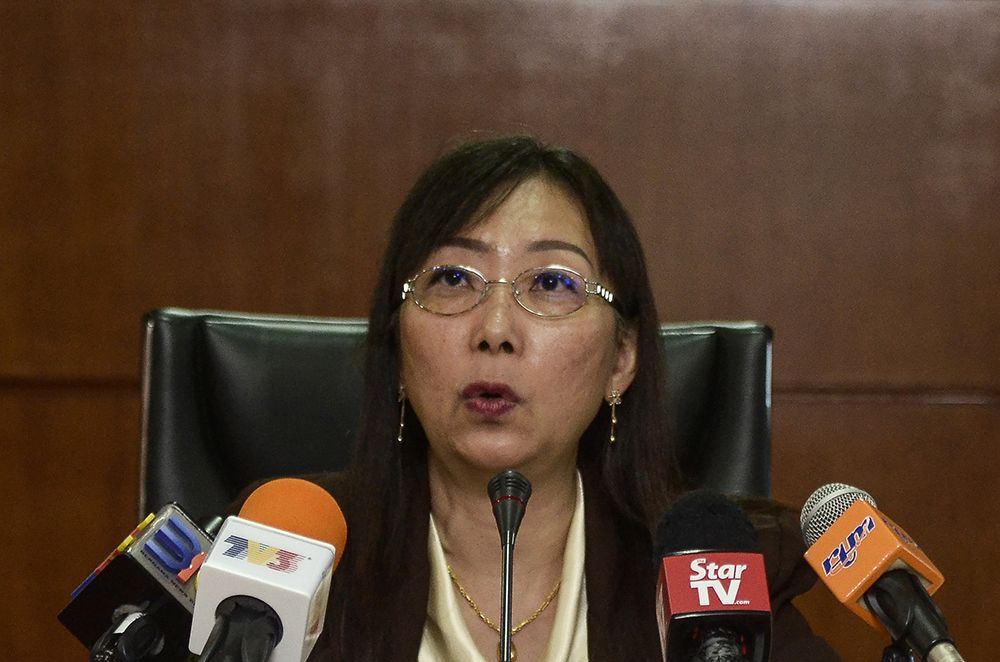KUALA LUMPUR: United Overseas Bank (UOB) today launched U-Solar, the first solar industry ecosystem in Asia to power the development and adoption of renewable energy across Southeast Asia.
Through U-Solar, the bank connects businesses and consumers across the entire solar power value chain and helps each play their role in their collective efforts to transition to a low-carbon economy.
Deputy chairman and chief executive officer Wee Ee Cheong said a sustainable energy industry is key to maintaining healthy development of the economy and community.
“In working together with our ecosystem partners and customers to open up and to tap opportunities in the solar power industry, we can create a positive economic and social impact.
“It is in keeping with our joint responsibility
to help in the region’s long-term economic, social and environmental well-being,” he said in a statement today.
Malaysia is the first ASEAN country in which UOB is rolling out its U-Solar ecosystem.
UOB Malaysia Bhd’s collaboration with leading local solar energy service providers, starting with ERS Energy, PlusSolar and Solarvest, will offer installation, commissioning, operations and after-sales service packages for solar power systems to help business and home owners.
Through U-Solar, the bank offers a suite of financial solutions to support the solar power value chain, from solar project developers, engineering, procurement and construction (EPC) contractors, as well as the end-users of solar power, including consumers and companies.
In supporting the growth of the solar power industry, UOB provides solar project developers with
solutions in green financing, such as sukuk, project loans and portfolio financing, as well as cash
management services.
For EPC contractors, UOB offers end-to-end contract-based financing solutions, from bid bonds and letters of credit issuance to performance guarantees and working capital facilities.
Through U-Solar’s online portal, the bank also connects these industry players to potential customers
seeking solar power solutions for their factories, offices or homes.
To promote the adoption of solar power by the end-users which include companies and consumers, U-Solar offers a one-stop shop for them to plug easily into the services offered by UOB’s partners across the region.
They can also tap UOB’s financing solutions for the installation, operation and maintenance of solar power systems based on their business or personal needs in making the switch to solar power.
The launch of U-Solar here was officiated by Energy, Science, Technology, Environment and Climate Change minister Yeo Bee Yin.
“The launch of UOB’s U-Solar programme as an ecosystem play caters to the concerns of the solar industry, whereby it is intended to be Asia’s first integrated solar energy marketplace across UOB’s key Southeast Asia markets – Singapore, Malaysia, Thailand and Indonesia.
“I am proud that UOB has chosen Malaysia to be the first country to launch this programme,” Yeo said.
UOB Malaysia chief executive officer Wong Kim Choong said through the bank’s research and engagement with its customers, it is observed that many of them think that using solar power requires intensive upfront capital and is costly to maintain.
“With U-Solar, we hope to help our customers understand better the benefits of using solar power and to address their concern of costs by providing them with flexible repayment plans at competitive market rates,” he said.
U-Solar offers two flexible solutions to help Malaysian companies adopt solar power with little upfront
capital.
Companies can purchase a solar power system for their factory or office with the U-Solar green loan offered by UOB Malaysia, and can also apply for a two per cent rebate under the government’s Green Technology Financing Scheme 2.0 for their purchase.
They can also benefit from the government’s tax incentives under the Green Investment Tax Allowance and Green Investment Tax Exemption schemes.
Alternatively, businesses can sign up for a long-term solar power leasing agreement with the Bank’s U-Solar partners.
For home owners, UOB Malaysia offers on U-Solar’s online portal a zero per cent interest instalment plan
of up to 36 months 3 for the purchase of a solar power system.
Customers can also enjoy zero upfront costs for services provided by the Bank’s U-Solar partners including on-site assessment, installation and
maintenance of their solar power panels and systems at their residences.
“Through our collaboration with Malaysia’s market-leading solar power service providers, ERS Energy,
PlusSolar and Solarvest, we hope to drive greater adoption of solar energy across Malaysia.
“It will also help support the Sustainable Energy Development Authority Malaysia’s Net Energy Metering programme and MESTECC’s renewable energy target of 20 per cent in the national power generation mix by 2025,”







